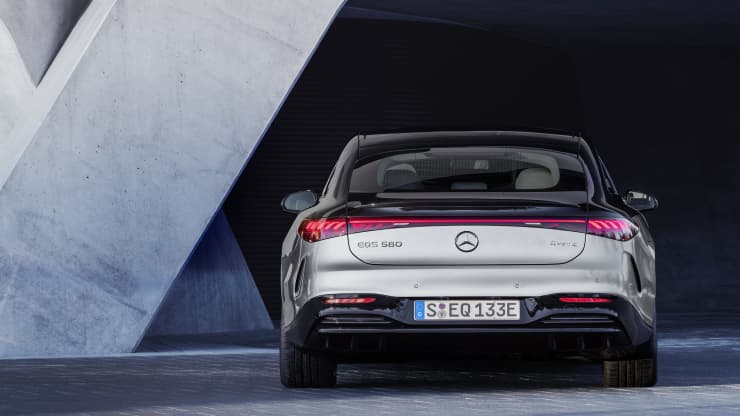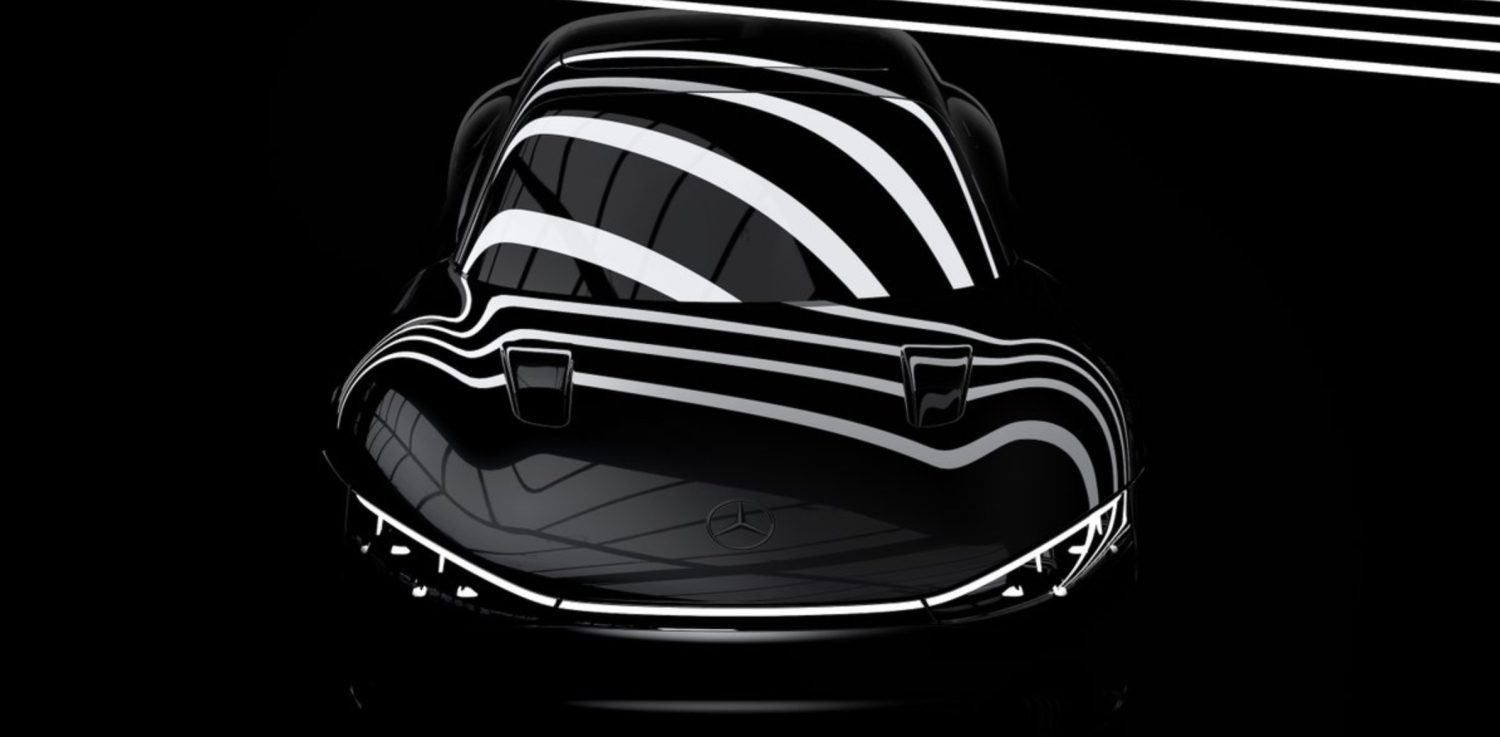German carmaker Mercedes-Benz has carved a niche for itself as a traditional luxury car maker with power and speed mixed with elegance. The automaker has already extended its impeccable record to the EV market, and it is fast asserting its presence.
Mercedes-Benz today provided a teaser for its well-kitted upcoming all-electric car, the Mercedes-Benz Vision EQXX, showing a range of well above 1,000km (620 miles) as well as other ultra-efficient features. However, the current range of the vehicle falls below what Mercedes-Benz stated last year when it announced the model (1,2000km).
Mercedes-Benz plans to produce all-electric vehicles before 2030, and the German automaker is vigorously pursuing the set milestones and timelines to accomplish the plan. In a tweet today, the company stated that the Vision EQXX reflects the company’s ambition to create the most efficient car. The development plans for the EQXX targets a single-digit figure for Kwh per 100km at typical highway driving speeds. This translates to about 6 miles/Kwh, which is impressive.
Mercedes-Benz also stated that the project involves a multidisciplinary team of experts from the company’s Formula 1 High-Performance Powertrain (HPP) division in bringing the Vision EQXX to the roads by 2022. It is, however, unclear whether a commercial version of the Vision EQXX is being considered. Mercedes-Benz has stated that the model will serve as a guide in developing its overall EV production architecture.
Efficiency in EV is one area that will continue to evolve as the leading EV makers continue to tinker their models for greater mileage per Kwh and a greater range of vehicles. Concept vehicles like the EQXX provide benchmarks for the development of commercially efficient models.
As stated earlier, Mercedes-Benz has put in solid plans to go all-electric by 2030. The company announced new electrification plans today. The detailed plan includes milestones and timelines like a launch of three new all-electric architectures by 2025, installation of more than 200 Gigawatt hours, and 8 Gigafactories. The company plans to begin production post-2025 when the EV manufacturing infrastructure would have been in place.
RELATED;
- Mercedes-Benz’s 2022 AMG SL Roadster features a flappable touchscreen
- Huawei HMS for Car will feature on the 2021 Mercedes-Benz S-Class
- NIU’s first Electric Kick Scooter unveiled with a starting price of $599
- Xiaomi launches the Mi Electric Scooter Pro 2 Mercedes-AMG Petronas F1 Team Edition
(via)







